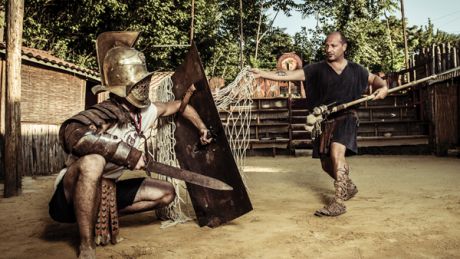
Composition
You can learn the basic rules of composition from any beginner’s manual – but once you know them, don’t be afraid to break them and play around with them. Above all, always make sure that you compose your shot in such a way that the viewer can clearly and quickly understand what you were trying to capture in the shot.
Exposure
Automatic exposure modes can be very handy if you’re operating in a hurry, but they can be easily fooled by a whole range of situations. Wherever possible, shoot in manual mode to be sure you’ll get the exposure spot on.
Staging/posing shots
Obviously some activities, sports and events will prevent you from setting anything up and you’ll have to capture any action as it happens. If the opportunity to stage a shot presents itself, take it, because the extra level of control means you’re much more likely to get a memorable and impressive picture.
Know your gear
You will often have to work very quickly, and fumbling around trying to work the settings on your camera is going to mean you miss the shot. Make sure you can operate your camera by feel, and know where everything is on it to minimise the risk of this happening.
Understand the activity
An understanding of the sport or activity you’re shooting can allow you to know when dramatic moments are going to happen, as well as allowing you time to get into position to catch it. It will also suggest situations where you can set things up and stage certain moments.
Be physically fit
Keeping up with the sport you’re shooting can be physically very demanding, made worse by the fact that you’ll be carrying a certain amount of equipment which can often be heavy. Being in shape can make the difference between getting the shot and missing it due to lying exhausted halfway up a hillside!
Get the Coach Newsletter
Sign up for workout ideas, training advice, reviews of the latest gear and more.
